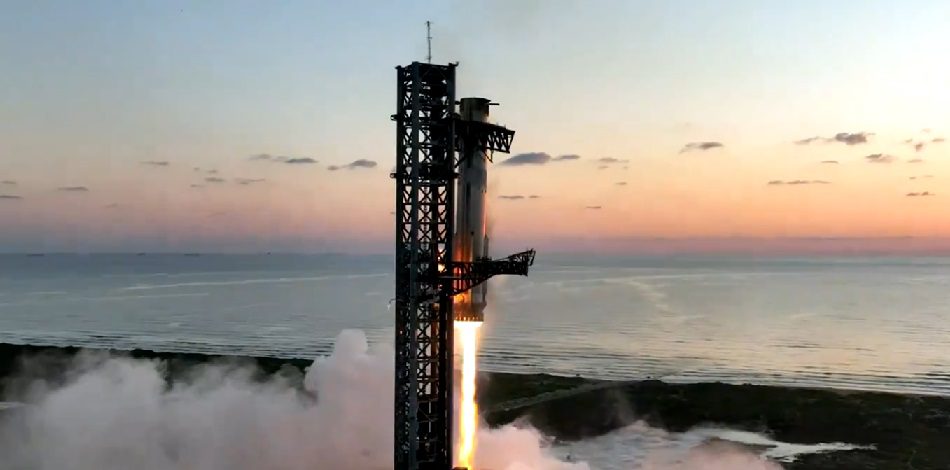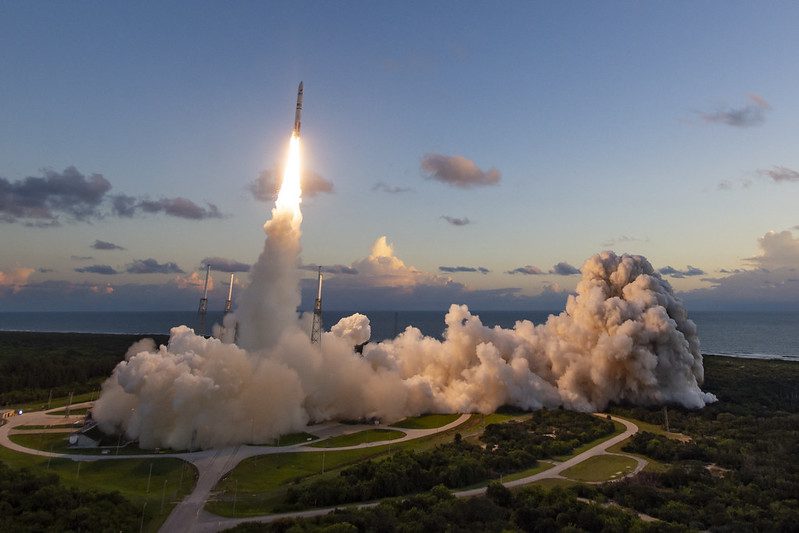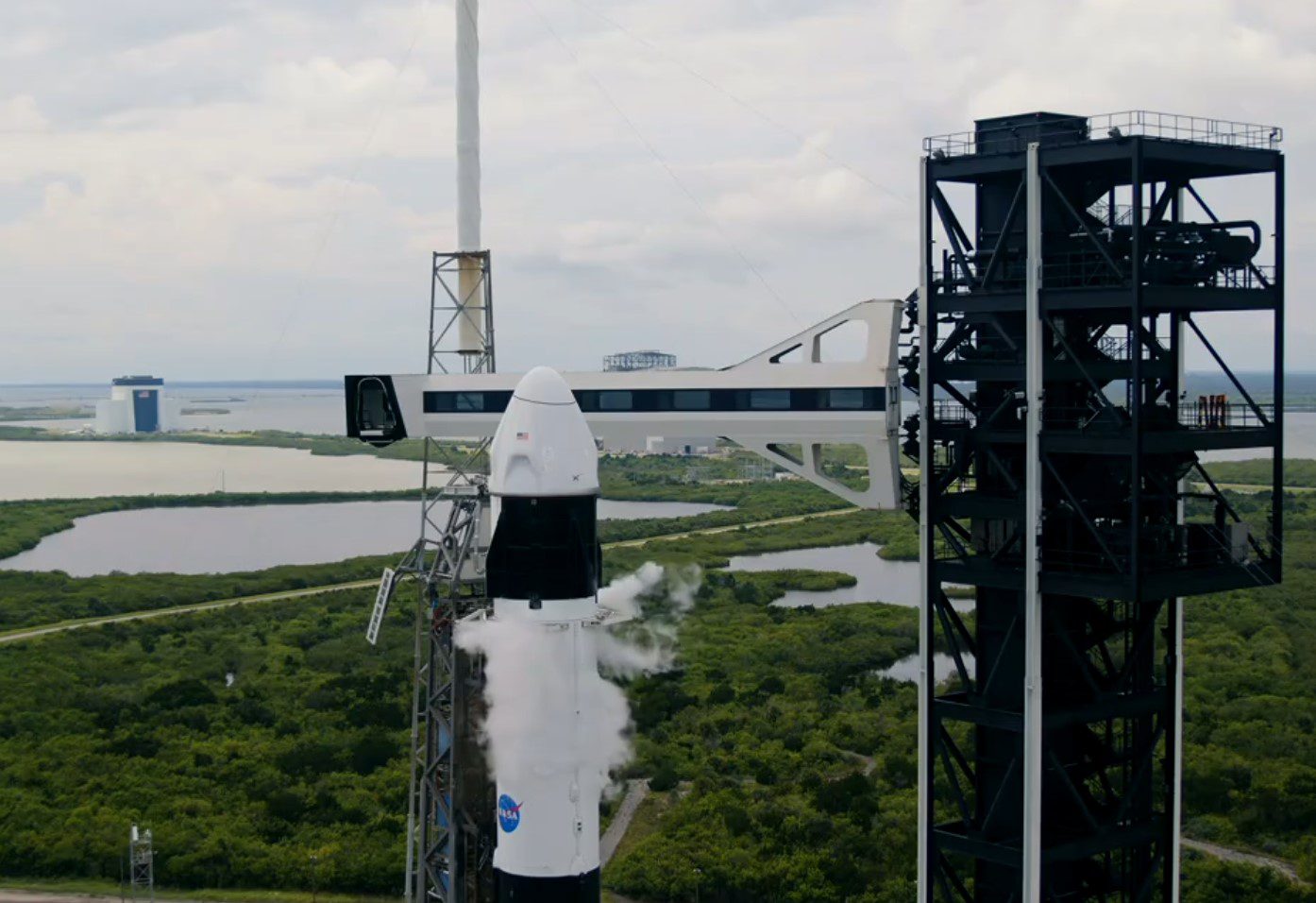credit: JAXA / caption: even frugal Japan is looking at human missions
After 50-years of robotic space science leading the way and the prospect of an orbital transportation system being stood up for less than the price of the development of the Airbus A380 you might think that space scientists should accept that the time has come for human’s to take the lead in scientific discovery of the solar system…
Hyperbola’s vision for space exploration part 2b will now be posted tomorrow
The reality of science in general and space science in particular is that like a hobby horse every scientist believes that their research area should be give the mission/funding. I can understand that, its perfectly natural but it isn’t rational
It is almost too obvious to be worth stating that a small, solar panel, for example, powered computer with a small rocket engine and a number of scientific instruments specific to one of those heartfelt research areas is always going to be cheap, by comparison, to send off to the stars
It is also almost too obvious to be worth stating that the number of scientists and proposals that could be given spacecraft like this is so great they could consume the entire budgets of all the major space agencies combined
And this is my central point. There is never going to be enough money for space to satisfy the space scientists in the world and they and the entire argument about robots or people misses the main point
We humans want to explore those outer reaches ourselves, we want to go over the next hill, we want to see the Egyptian pyramids or the Sydney opera house for ourselves, not just see it in pictures, even high definition ones
And we have sent robotic probes to the furthest reaches of our solar system and beyond, and sadly to that excuse for a lump of ice that some want to call a planet for reasons that are beyond me – please excuse the anti-Pluto rant
So now as we stand on verge of an era that could see a privately developed manned spacecraft and other near-space access technologies, the argument should be that the cost, benefit analysis is in human beings’ favour
The most obvious advantage of sending people is that the technology required to sustain them automatically enables more science to be done
I am not the first to push this argument and I won’t be the last but it is worth saying, and saying a lot, that it is plain to see that the payload capabilities of manned spacecraft automatically put them in a class of their own for doing space science when compared to the small robots we have traditionally sent
We don’t need another probe telling us the chemical composition of Jupiter’s atmosphere, we do need an endeavour that really will inspire, to see human beings walk over that next hill whether it be near Copernicus crater or Olympus Mons






